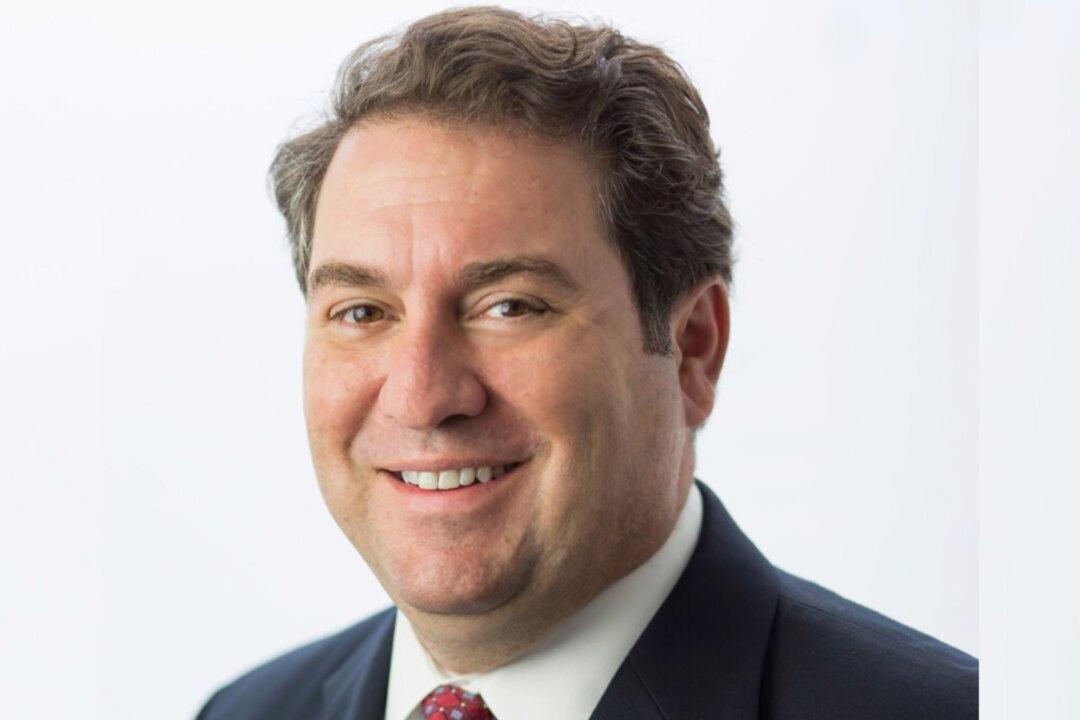The 13 states that banded together to try to defend the so-called public charge rule are weighing their options about how to revive the policy after the Supreme Court dismissed their appeal, according to an aide to Arizona Attorney General Mark Brnovich.
The Trump-era rule screened out potentially taxpayer-dependent immigrants, but the Biden administration refused to defend it before the often-reversed U.S. Court of Appeals for the 9th Circuit.





